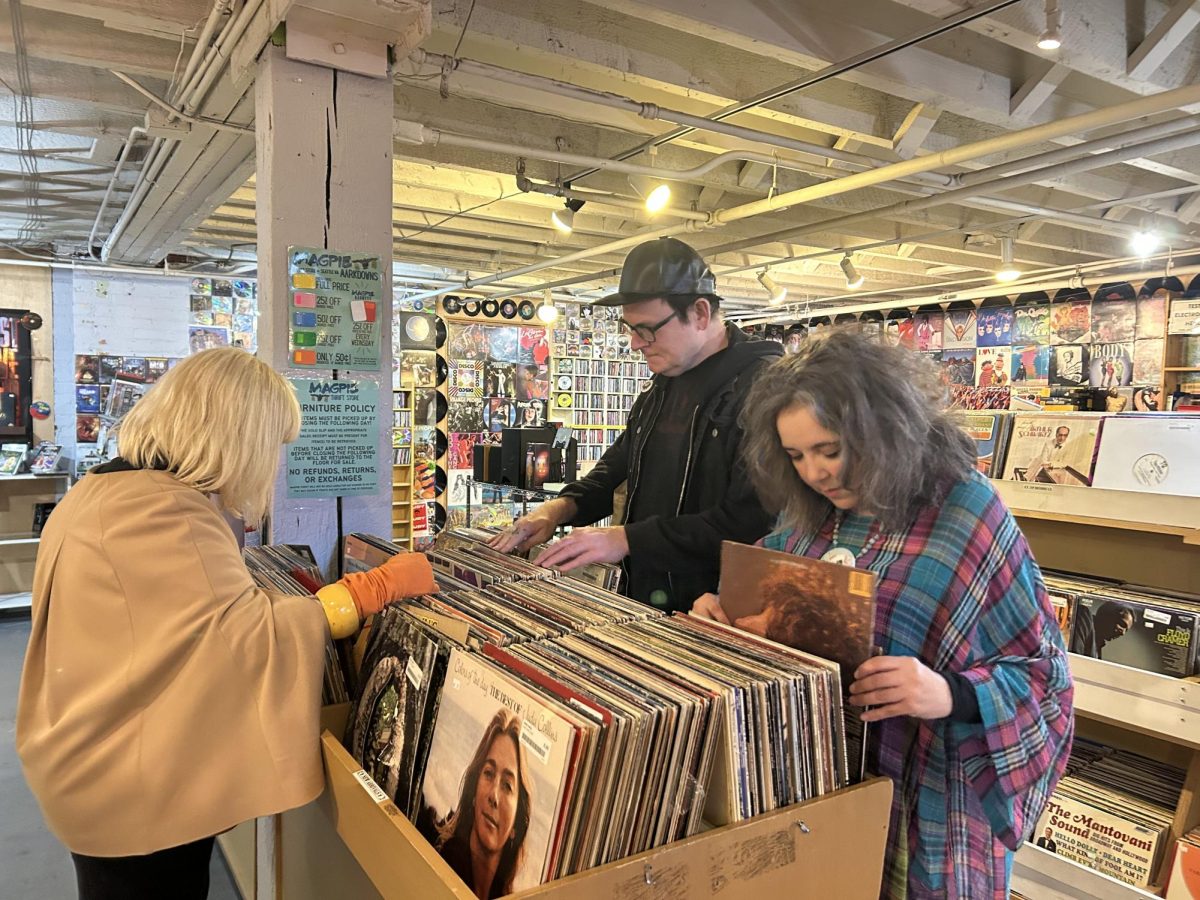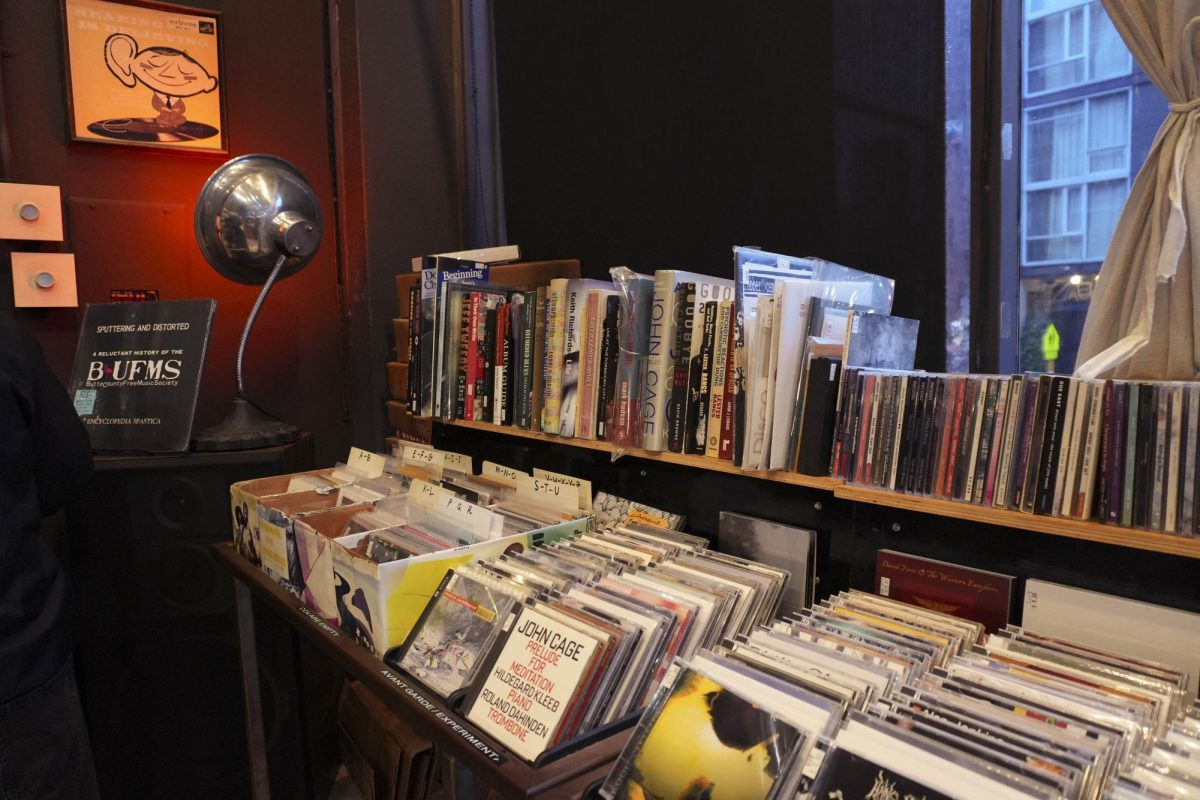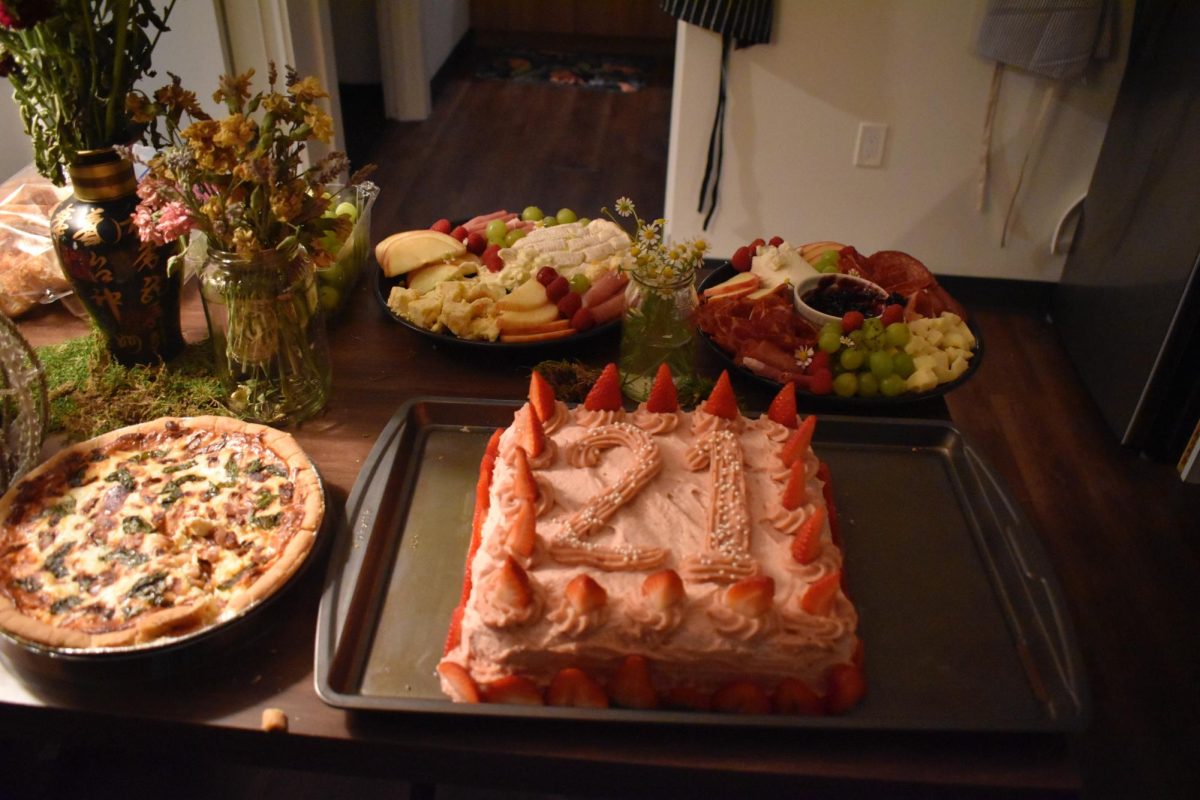Jew(ish?):
A 9 Week Column for Jews, by Jews
The Jewish-American identity, understanding of Jewish life and culture, and anti-Semitism are topics that are largely left out of social justice discussions on the Seattle University campus and in countless (maybe some of us would say “most” unless we live in predominately Jewish communities) campuses, institutions, and workplaces. For this reason–and because I feel a deep love and connection to the Jewish community that I feel in many ways physically estranged from–I will be investigating, and critically thinking about the good, the bad, and the ugly experiences of our Jewish community on campus and in the larger Capitol Hill area.
I have received, in my workplace and in my personal life, leads of both passive and active anti-Semitism on campus–including the theology department. Hearing these accounts is the specific spark of inspiration for this column. For privacy’s-sake and protection, I will keep the origin of these leads anonymous unless given permission to publish their names. Because these claims has driven the conception of this column, it will involve investigative journalism and, depending on how many communities have the energy to speak, a lot of interviews and a variety of different voices, including students, professors, rabbis, and synagogue members.
Before we get too deep into it, I feel necessitated to disclose my positionality. I was not raised Jewish, and I am in fact a convert, still in the process of formal conversion with my synagogue. I was raised in an athiest household (verging on anti-religious, in my opinion; if you’re reading this, Mom and Dad, sorry–let’s talk about it!). My resulting lack of language to comprehend religion and my own negativity towards religion, however, actually came from the ableist messaging I received both from Christian and staunchly atheist family members. Among many various Evangelical and Jehovah’s Witness family members, my needing to use a wheelchair was either, a. used as a consequence of my parents not praying enough–if they just prayed and believed in the Lord our Father, or b. was an example of God either not being real or letting “terrible” things happen to good people. You might be thinking “yikes!” to both claims as I am. I haven’t even told most of them that I’m a big ol’ queer!
I first felt a strong pull towards Judaism in eighth grade through “Holocaust education.” I think it was because nobody had ever given me a definition of oppression, even a shaky one at best, before than. I found out that both disabled people and Jewish people were/are considered to be “degenerative” in many contexts and that we have both historically been driven out of society: exiled to different lands, confined not to wheelchairs, not to rejection of Jesus, but confined to institutions where we are separated from healthy society and go to die somewhere out of public view. I started studying Judaism and Jewish culture because I wanted to see how people move while on carrying baggage, not just how people were at “one” point victims.
About a year and a half ago, I realized the physical access I now have to Reform temples and adult Hebrew school rather than isolation from the one synagogue in Boise I would need my dad to drive me to. I’m forging stronger knowledge and understanding, I pray is accurate to say at this point, than the emotional pull I felt as a child to another community’s history of survival, pain, beauty, and, frankly, badass women. I now find answers and calls to action in a G-d that not only doesn’t, but some would say can’t, grant miracles or dole out divine punishment, in the concept that goodness means making the choice to turn from sin and change one’s actions, in the idea that confession to a rabbi and prayer Elohein does not lead to spiritual redemption until one has began to made reparations to the community they have harmed… instead of contemplation in silent isolation, there is doing.
I’m struggling, however, with the question of when I can start calling myself “Jewish,” when I can claim the identity fully as my own, and be an “sufficiently” Jewish member of the community. It’s easier to just say “I’m Jewish” to goys than say that I’ve been studying since I was twelve years old and am now formally converting but I don’t know if I’m actually Jewish. As I speak with and build relationships with Jewish-identifying community members, I am not sure how to refer to myself, because it takes so much time, effort, and grind to “be Jewish,” which, even though I have chosen the path, I have not experienced fully.
I’ve learned that this indecision, even for some people raised Jewish, is not uncommon. Historically, Jewish families have had to assimilate to American Christian society to survive. That is why I title this column “Jew(ish?)”–who even knows, concretely, how to live a traditional Jewish life when you have to work after sundown on Friday nights? So, even though I’m still unsure, I will hereby call myself a “Jewish convert.” I welcome any input from community members–I want to be accountable.
Lastly, I want to put forth my intentions for this column. This is not a column about passive victimhood, which is a predominant lens through which America sees Jewish identity This is a column about Jewish voices, experiences, opinions, and what Seattle University can do as a larger community to support Jews. This is a column about baggage that we actively carry, about moving forward, and about the Jewish-American identity as a way that we can do so.
The editor may be reached at
fdivinagracia@su-spectator.com








